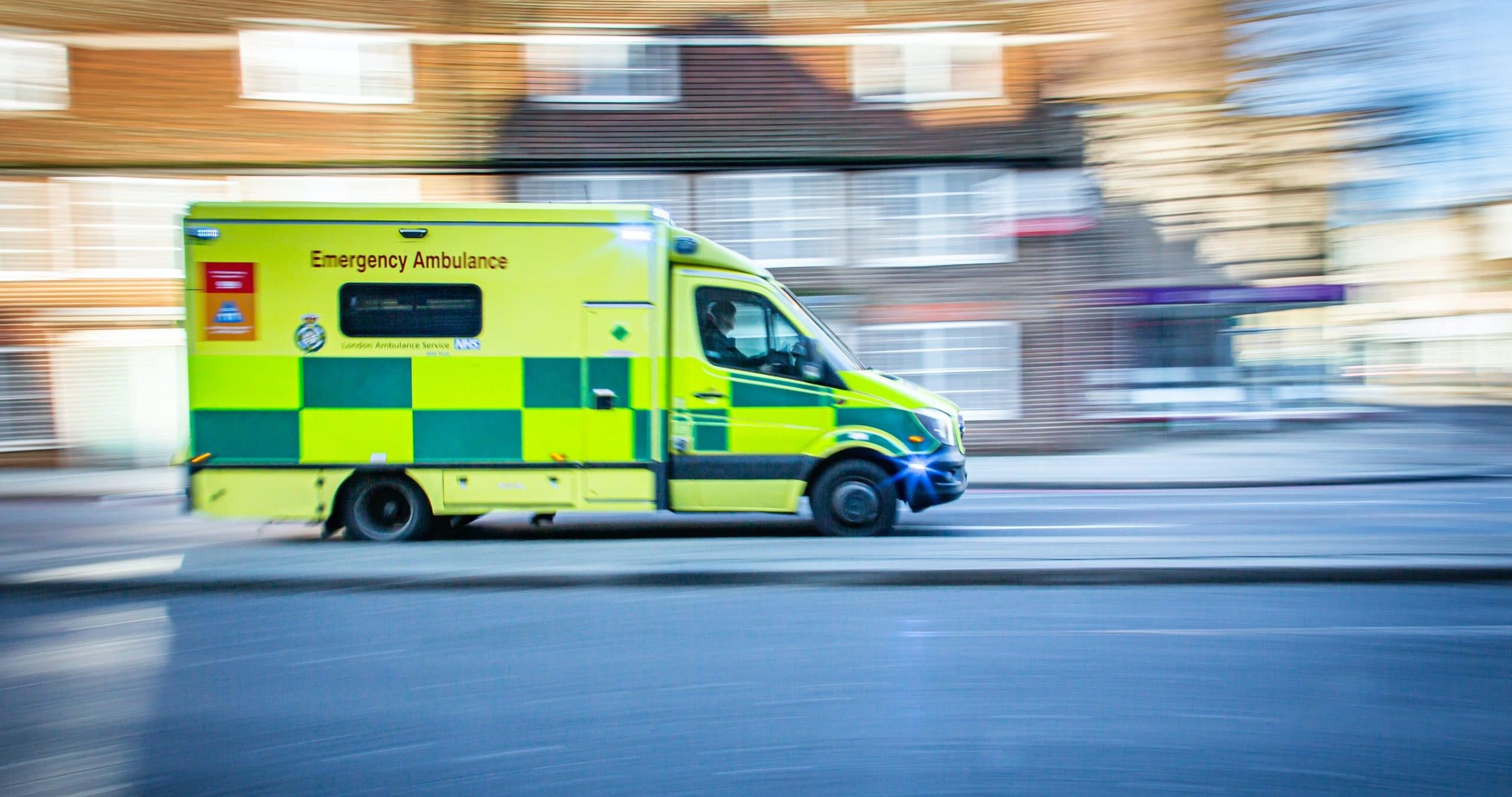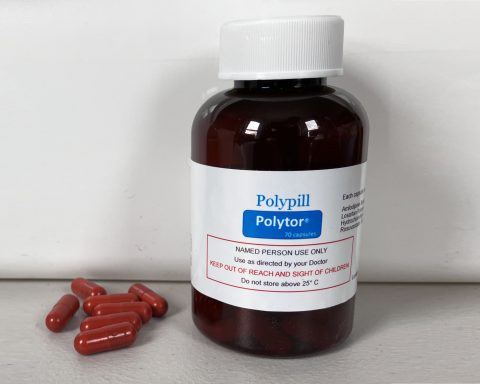
Orla Jenkins is a 4th year medical student at the University of Glasgow.
I’ll be honest; I never wanted to be a GP. There, I said it. I had bland undergraduate experiences in general practice and found my primary care placements like getting a beige cardigan from an aunt at Christmas. Warm and fuzzy, but not my style. I liked exciting specialities like acute medicine, cardiology, and emergency medicine. I was never going to be ‘just a GP’.
After qualification I enjoyed the buzz of hospital medicine, but with a young family, unsocial hours, nightshifts, and burnout I found myself being drawn more and more to general practice. So I applied. I thought I could ‘tolerate’ 2 days in general practice if I continued the rest of my week in emergency medicine. I naively thought I’d be bored in general practice.
General practice is facing a recruitment and retention crisis at a time of unprecedented demand …
Ha! What a misguided fool! I haven’t done any emergency medicine sessions in recent years; general practice is challenging enough! I love my job and find it hugely rewarding. I’m now a portfolio GP, splitting my week as a salaried GP in a Deep End practice, with sessions in an urgent treatment centre, and I continue to teach via my university clinical lecturer role. If only I knew what a varied and satisfying role being a GP could be.
General practice is facing a recruitment and retention crisis at a time of unprecedented demand and we know that undergraduate experience has a major influence on career choice. Therefore, we need to be showcasing primary care for the dynamic, academically stimulating and rewarding career that it is.
Nowadays I get my kicks in urgent and unscheduled care. I enjoy the fast-paced and acute nature of the work, and the interesting cases that present; at the weekend I saw two critically ill children with florid physical signs and administered intramuscular benzylpenicillin to one of them. This would be a great learning environment for medical students. Offering more medical student selected components (SSCs) in urgent and unscheduled care with research opportunities may go some way to promoting a career in general practice.
SSCs are a common feature of medical school curriculums and offer an insight into a variety of specialties. SSCs are short, intense blocks that can be planned to include a wide variety of activities. This would help to build on students’ understanding of a career in general practice and illustrate the many opportunities that are available, and may help to bolster recruitment.
Research suggests that some students opt for hospital careers believing they offer greater intellectual challenge than general practice1 and I can personally attest to this, having previously naively thought the same. We need to champion the versatility of primary care and the multitude of opportunities there are to get involved with quality improvement, research, and leadership, as well as the satisfaction that comes from managing medical complexity with little more than history and clinical skill.
… we need to be showcasing primary care for the dynamic, academically stimulating and rewarding career that it is.
Medical students are often interested in gaining research experience and being involved in quality improvement activity. SSCs are a great opportunity to allow students to carry out such activities. A study highlighted that over half of responders saw the opportunity of research as an important factor when considering which specialty to apply to. However, <20% of these responders thought that this was available in general practice.2 The chance to be involved in research during a general practice SSC would highlight that there are a multitude of opportunities to partake in academic activity in primary care.
In a former life, as a research fellow in emergency medicine, I developed a SSC in conjunction with Glasgow Medical School. Students gained teaching and mentoring in the department as well as being given a project, and offered individual support with the aim of giving them early research opportunities and the possibility of presenting and publishing their work at international conferences.
It proved to be a really successful endeavour, and all students (n = 10) found the SSC to be influential towards their level of interest in research and a career in emergency medicine compared to before completing the SSC. Furthermore, students felt that it would increase their competitiveness for job applications. All had projects accepted for international conferences including Medicine24, the European Society of Emergency Medicine in Athens, and to the annual scientific conference for the Royal College of Emergency Medicine in Liverpool. It proved to be a symbiotic relationship that was beneficial for both the department and the students.
This would be relatively easy to replicate in general practice and may help to encourage medical students into primary care and research, while also benefiting the service with quality improvement activity that could improve patient care.
Offering SSCs [student selected components] in urgent and unscheduled care in general practice may be a pro-active approach to encouraging medical students into primary care …
A study carried out by the Royal College of General Practitioners highlighted that 71% of medical students who were surveyed felt that having a positive GP role model increased their desire to pursue the career.3 Having direct mentorship from motivated GPs in the out-of-hour setting could expose students to urgent and unscheduled care and allow a different view point of the versatility of primary care, and may improve recruitment of staff in this setting in the future.
The same study identified that over one-third of responders were put off general practice as a career due to wanting to develop a specialist area of expertise. Offering specific SSCs to students may also go some way to highlighting the multitude of opportunities available for pursuing personal areas of interest within general practice.
Offering SSCs in urgent and unscheduled care in general practice may be a pro-active approach to encouraging medical students into primary care, and could help to illustrate the diverse opportunities that a career in general practice allows, and therefore have a positive impact on recruitment at time when this is needed most.
References
1. Cleland JA, Johnston PW, Anthony M, et al. A survey of factors influencing career preference in new-entrant and exiting medical students from four UK medical schools. BMC Med Educ 2014; 14: 151.
2. Barber S, Brettell R, Perera-Salazar R, et al. UK medical students’ attitudes towards their future careers and general practice: a cross-sectional survey and qualitative analysis of an Oxford cohort. BMC Med Educ 2018; 18(1): 160.
3. Royal College of General Practitioners, Medical Schools Council. Destination GP: medical students’ experiences and perceptions of general practice. 2017. https://www.rcgp.org.uk/-/media/Files/Policy/A-Z-policy/2017/RCGP-destination-GP-nov-2017.ashx (accessed 28 Apr 2022).
Featured photo by Javier Allegue Barros on Unsplash.








